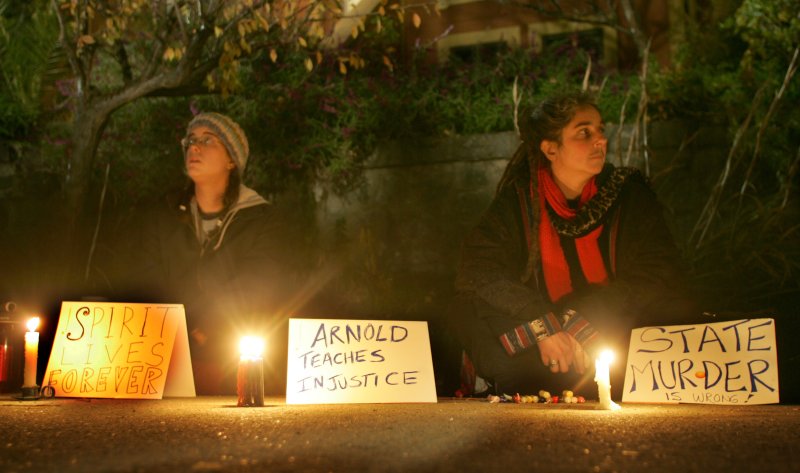LOS ANGELES, July 16 (UPI) -- Prisoners executed in California are a "random few," a federal judge said Wednesday as he declared the state's death penalty law unconstitutional.
U.S. District Judge Cormac Carney cited the small number of people who have actually been put to death since the state adopted its current law in 1977 and the long delays between sentencing and execution.















